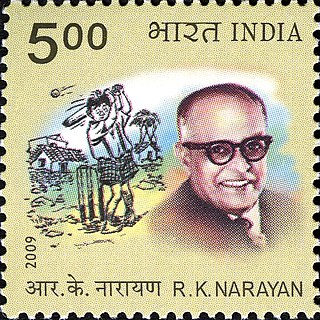A Quote by Jean-Jacques Rousseau
There is no folly of which a man who is not a fool cannot get rid except vanity; of this nothing cures a man except experience of its bad consequences, if indeed anything can cure it.
Related Quotes
Indeed, the greatest blessing that can follow the death of those we love is reconciliation. Without it there is no peace. But with it come quiet thoughts and quickened memories. And what else shall a man do except become reconciled? What purpose does he serve by fighting what he cannot touch or by brooding upon what he cannot change?
For everyone nowadays knows, absolutely is CERTAIN, that nothing bad will ever happen to ME. Others die, I go on. There are no consequences and no responsibilities. Except that there ARE. But let's not talk about them, eh? By the time the consequences catch up to you, it's too late, isn't it, Montag?
The difference between a simpleton and an intelligent man, according to the man who is convinced that he is of the latter category, is that the former wholeheartedly accepts all things that he sees and hears while the latter never admits anything except after a most searching scrutiny. He imagines his intelligence to be a sieve of closely woven mesh through which nothing but the finest can pass.






































